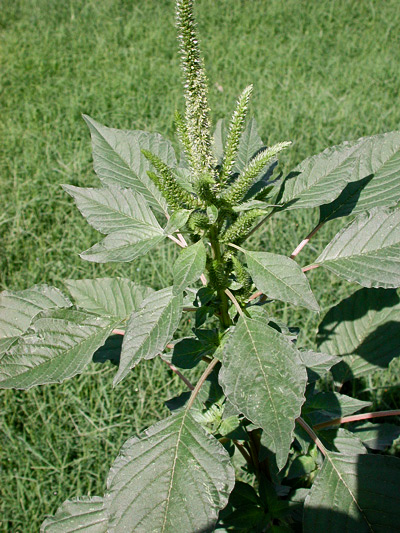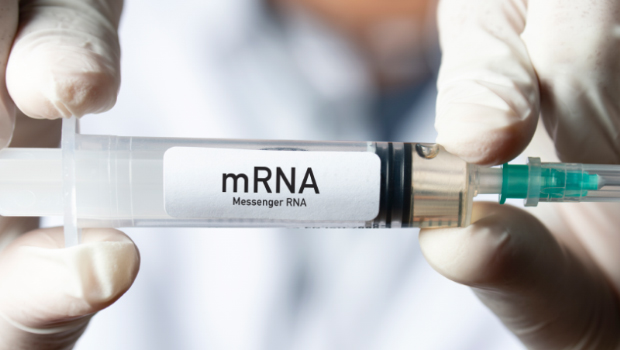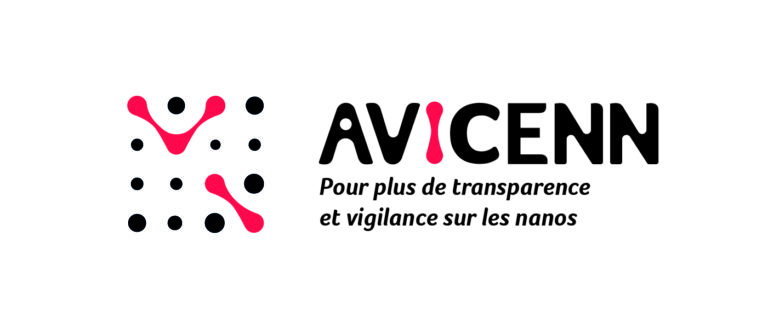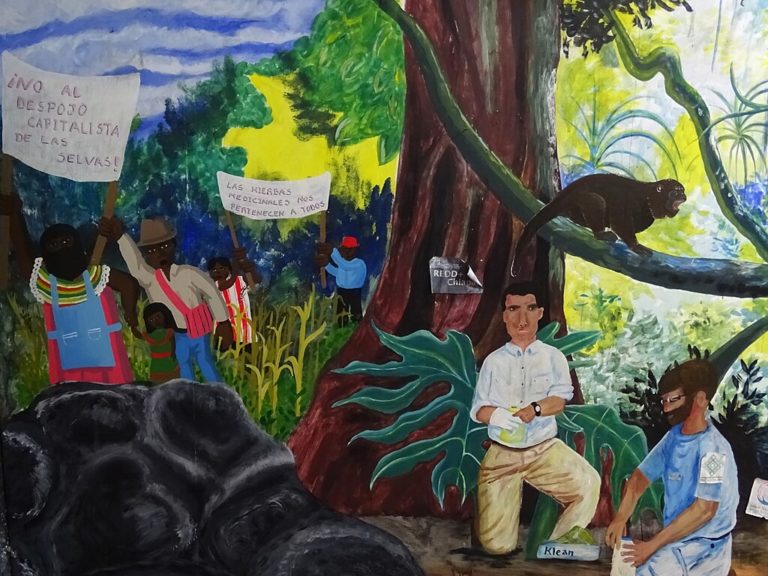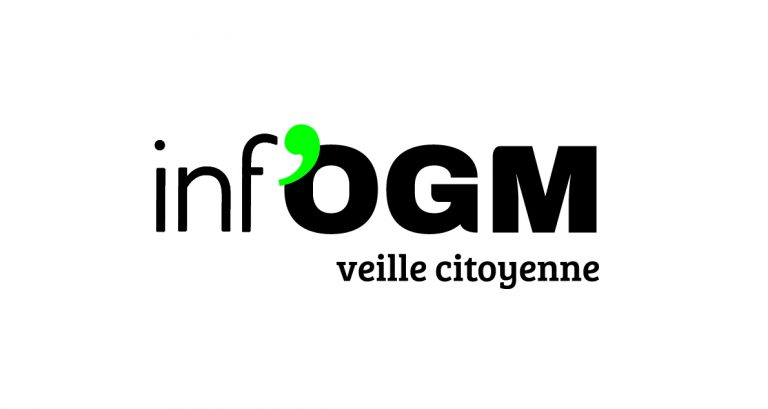Actualités
Veille juridique d’Inf’OGM du 17 au 30 juin 2019
France
Haut Conseil des Biotechnologies
• Avis concernant la demande de mise sur le marché du soja GMB151 à l’attention de l’EFSA
Le 19 juin 2019, le HCB a publié son avis concernant le soja génétiquement modifié GMB151 de la société BASF sous forme de commentaire à destination de l’Autorité européenne de sécurité des aliments, dans le cadre de sa demande d’autorisation de mise sur le marché à travers la directive 1829/2003.
Ce soja a été modifié pour produire une toxine contre le nématode à kyste du soja et pour tolérer certains herbicides.
UNION EUROPÉENNE
Commission européenne
• Réponse à une question parlementaire : groupe de travail sur la surveillance de fractions d’OGM dans les semences dans les États membres
Question n°1941/2019 du 17 avril 2019 de Martin Häusling (Verts/ALE)
On 18 October 2018, in the regulatory committee pursuant to the directive on deliberate release of GMOs (2001/18/EC), the Commission agreed to discuss convergence of the ways in which Member States take samples and test for genetically modified organisms (GMOs) in seed, and announced steps to be taken for this purpose. On 3 December 2018, the Commission stated in the Standing Committee on Plants, Animals, Food and Feed (PAFF committee) that a special working group would consider implementation issues relating to the monitoring of GM seed.
1. Which Member States, authorities and institutions are participating in this working group on the monitoring of GM seed in the Member States and who is in the chair, or what are the plans for this ?
2. Which of the following topics are to be discussed by the working group, in each case to consider which questions ? Sampling density, methods and timing of sampling, methods of analysis, rules on the interpretation of results, minimum required performance limits (MRPLs), the introduction of ‘technical limit values’, the measures to be taken in response to a ‘low-level presence’.
3. Does the Commission advocate the introduction of a ‘technical zero’ or minimum required performance limit for seed, as defined for feed in Regulation (EU) No 619/2011, even though, in the case of seed from crops such as rape, maize or soya, it is feasible to detect the presence of GM seed at well below the 0.1% level, and the presence of each individual contaminated seed in a sample can be proved, producing reliable results on condition that an appropriate test method and sufficient diligence are applied, and although this would be contrary to the zero tolerance principle adopted under European law ?
Réponse du 18 juin 2019 par M. Andriukaitis au nom de la Commission européenne
1. At the request of the Member States (expressed in the meeting of the Regulatory Committee of Directive 2001/18/EC held on 18 October 2018), the Commission agreed to act as a facilitator for the Member States on the convergence of the practical implementation of Recommendation 2004/787/EC as regards testing for adventitious Genetically Modified (GM) Organisms-presence in conventional seed. As the organiser, the Commission chairs the working group meetings and invites all Member States. The Member States designate the experts they consider most appropriate for participation.
2 and 3. The work of the working group aims at further alignment of practical control practices. It is limited to discussion on further possible convergence related to practical aspects of sampling. The working group will transfer identified aspects related to analysis to the European Union Reference Laboratory for GM Food and Feed for further consideration. The work does not include “technical limit values” or risk management measures in case of non-compliance
Lien : https://www.europarl.europa.eu/doceo/document/E-8-2019-001941-ASW_EN.pdf
Autorité Européenne de Sécurité des Aliments
• Publication des nouvelles orientations du traitement administratif des demandes de renouvellement de mise sur le marché sous le règlement 1829/2003
Le document publié le 24 juin 2019 fournit aux demandeurs des indications sur le moyen le plus approprié de préparer et d’élaborer leurs demandes de renouvellement d’autorisation pour les denrées alimentaires et les aliments pour animaux génétiquement modifiés. Il fournit des instructions sur la manière de structurer les applications et indique le type d’informations et de données nécessaires pour appuyer les demandes de renouvellement d’autorisation présentées par les demandeurs.
Lien : http://www.efsa.europa.eu/fr/supporting/pub/en-1668
Actualité des OGM dans le monde
Ghana
• Préparation d’une loi de biosécurité pour faciliter l’introduction des OGM au Ghana
Le ministre de l’environnement, de la science, des technologies et de l’innovation, M. Boateng, a appelé les membres du Parlement à approuver le projet de loi. Il présente tous les effets positifs que pourraient apporter les OGM au pays et argumente que cette loi permettrait d’en contrôler les effets négatifs.
Les OGM ont été autorisés depuis une loi de 2011 sur la biosécurité. Cette loi de 2019 viendrait préciser les processus de décision et d’évaluation les concernant pour leur commercialisation dans le pays.
Argentine
• Autorisation d’un nouveau coton OGM
Un nouveau coton génétiquement modifié pour résister à des herbicides et des insectes par BASF a été autorisé a annoncé le secrétaire d’État M. Etchevehere. Son nom commercial est GlyTol TwinLink Plus.





